Guest Speakers
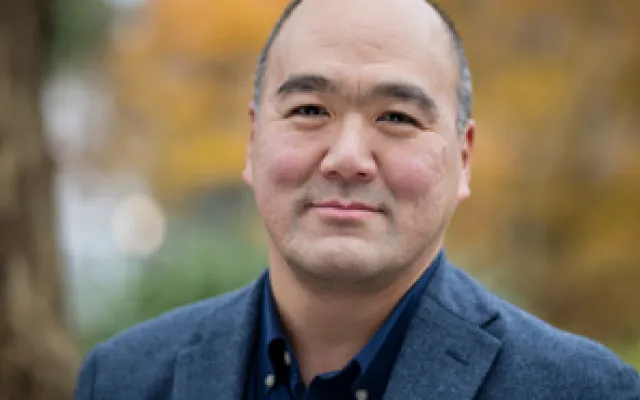
Dr. Darren Aoki
Darren J. Aoki (PhD Cantab, MA SOAS) is Associate Professor in World History and Oral History at the University of Plymouth, United Kingdom. His research interests include gender and sexuality in twentieth century Japan, and more recently, the history of the Japanese diaspora with a focus on oral history and digital storytelling. In 2011, Aoki initiated an oral history pilot project recording and exploring the memories of southern Alberta Nikkei (people of Japanese descent). This grew into the Nikkei Memory Capture Project (NMCP), a long-term community-based oral history project that was awarded a Social Science and Research Council of Canada Insight Grant (2019-2023) as well as other local grants. Launched in summer 2017 by Aoki and co-Leader Carly Adams (University of Lethbridge), the NMCP spur the narration of the cultural and social history of Japanese Canadians in the latter half of the twentieth century. It is a transnational collaborative initiative bringing together the University of Plymouth and the University of Lethbridge, and key southern Alberta Nikkei community stakeholders. With a research team of postgraduate research students, the NMCP has expanded its focus to include such diverse topics as inter-racial intimacy, sport and recreation, food culture, the narration and curation of Nikkei history, and methodological innovation of oral history as it intersects with other disciplinary approaches, technology, and media. Aoki’s publications include peer reviewed articles in Rethinking History, The Journal of Canadian Studies, Modern Asian Studies, and Japan Forum.
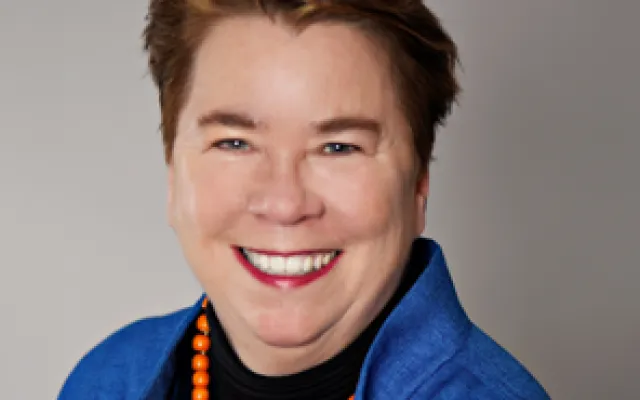
Dr. Elspeth Brown
@elspethhbrown
Dr. Elspeth Brown is Associate VP Research (UTM) and Professor of History at the University of Toronto, where she teaches queer and trans history. Her research concerns modern queer and trans history; the history and theory of photography; and the history of US capitalism. She is the author of Work! A Queer History of Modeling (Duke University, 2019); co-editor of “Queering Photography,” a special issue of Photography and Culture (2014); and Feeling Photography (Duke University Press, 2014), among other books. Recent articles include “Trans Oral History as Trans Care” (with Myrl Beam); “Archival Activism, Symbolic Annihilation, and the LGBTQ+ Community Archive” (Archivaria 2020); and “It’s Raining Men: Physique Photography and Racial Capitalism,” in Brian Wallis, Tina Campt, Marianne Hirsch, and Gil Pasternak, eds., Imagining Everyday Life (Steidl, 2020). She has published in GLQ, TSQ; Gender and History; American Quarterly; Radical History Review; Photography and Culture; Feminist Studies; Aperture; No More Potlucks, and others). She is the Director of the LGBTQ Oral History Digital Collaboratory, a multi-year digital history and oral history public, digital humanities collaboration. At the University of Toronto, she is also to Faculty Lead for the Critical Digital Humanities Initiative, a three-year Institutional Strategic Initiative. She is an active volunteer and former President of the Board for The ArQuives: Canada’s LGBTQ2+ Archives, the world’s largest and oldest queer community archive.
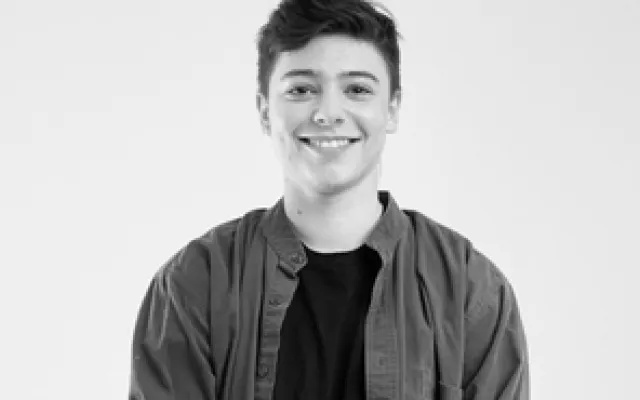
Elio Colavito
@eliocolavito
Elio Colavito is a PhD student in the Department of History at the University of Toronto, specializing in Sexual Diversity Studies. As a trans non-binary researcher, Elio’s passion lies in archiving and re-telling queer histories in Canada. Their research interests include policing, sex culture, and the intersections of lesbian and trans identities. In 2020, Elio supported the LGBTQ Oral History Digital Collaboratory as a research assistant for the Queer in Peel Oral History Project. Since January of 2021, Elio has been the Co-Oral Historian for the Pussy Palace Oral History Project. They hold an MA in History from the University of Toronto and a BSc (Hons) in History and Political Science from Eastern Michigan University.
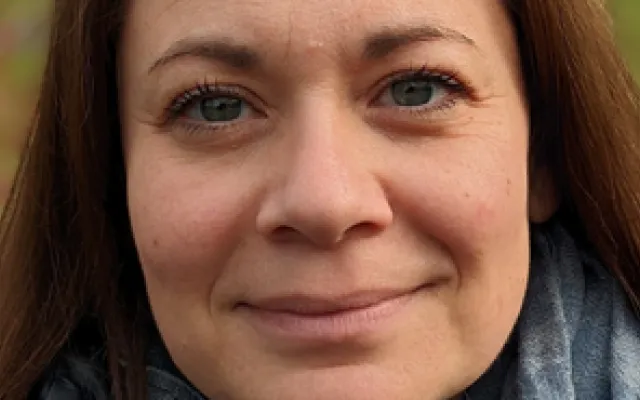
Dr. Lindsey Dodd
@DrLindseyD
Dr Lindsey Dodd is Reader in Modern European History at the University of Huddersfield, where she has worked for 10 years. She studied on the MA in Life History Research: Oral History and Mass-Observation at the University of Sussex, and later did a PhD at the University of Reading which eventually became her monograph French Children Under the Allied Bombs, 1940-45: An Oral History (Manchester University Press 2016). She has been on the editorial board of Oral History since 2015, and recently co-guest-edited a special issue of the journal called 'Power and the Archive', examining relations between archives and oral history. She has published widely on children's lives in France during the Second World War, usually using oral history interviews she has recorded herself, or those recorded by others. Her current interests, and the subject of her second monograph, is the dynamic potential of feelings, affects and emotions in the theory and practice of oral history, and history.
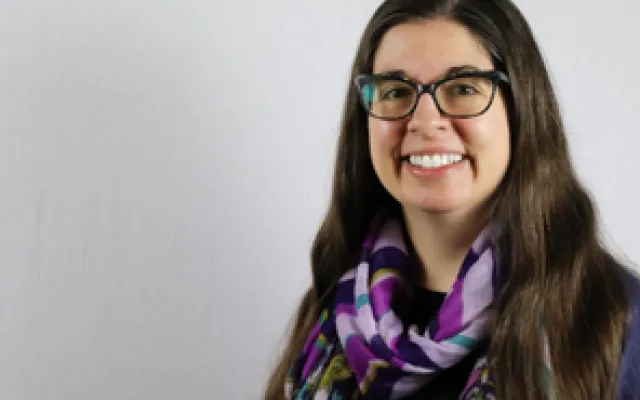
Dr. Athena Elafros
@AElafros
Dr. Athena Elafros is Assistant Professor of Sociology at the University of Lethbridge. She is a qualitative cultural sociologist who studies popular music, social inequality, and youth. She is a member of the Centre for Oral History & Tradition at the University of Lethbridge (COHT), and the Institute for Child and Youth Studies at the University of Lethbridge (I-CYS). Her current projects include collaborations with Dr. Christopher Churchill on the role of different forms of labour within musical and literary cultural fields. This project is funded by the University of Lethbridge Research Fund (ULRF). With Dr. Amandine Pras, Grace Brooks, and Monica Lockett she conducted research on sound engineers’ and producers’ experiences of microaggressions in the recording studio. This project was funded by a Social Sciences and Humanities Research Council of Canada (SSHRC), Partnership Engage Grant. With Dr. Ariane Hanemaayer, Dr. Shahina Parvin, and Eileen Sowunmi she is conducting research on equity, diversity, and inclusion within Canadian sociological theory. This project is funded through a Community of Research Excellence Development Opportunities (CREDO) grant from the University of Lethbridge. Finally, with Tif Semach and Harry Culley she is working on collecting and preserving the oral histories of Gay-Straight Alliance (GSA)/Queer-Straight Alliance (QSA) members and facilitators in Alberta, Canada. This project is funded by the Parkland Institute, and the Centre for Oral History & Tradition at the University of Lethbridge. She has published in the areas of popular music, women’s music magazines, and Gay-Straight Alliances in Canada and the United States.
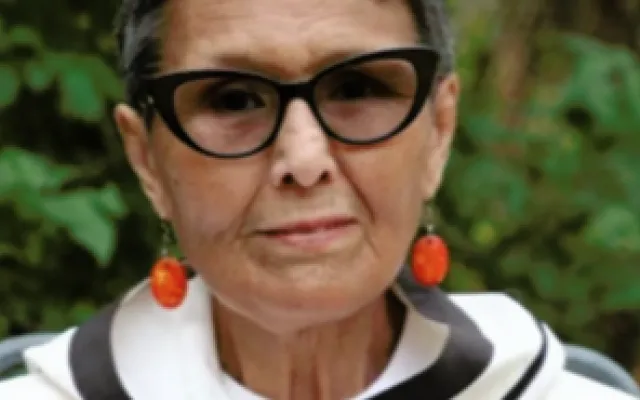
Edna Elias C.M., O.Nu
Edna Elias was called by her grandmother, “Haattuliarmiutaq”, meaning “a person from thin ice” because she was born on a frozen fishing lake in the fall. A teacher by profession, Edna is an Inuit language and cultural advocate. After 5 years as Commissioner of Nunavut, Edna had returned to her home community of Qurluqtuq, Nunavut, the most westerly community in Nunavut. Elias has led three intercommunity Women in Action-Steps of Hope fundraising walks for breast cancer research with proceeds going to the Cross Cancer Institute in Edmonton where many, many Northerners receive cancer treatment. Since her return home, she had opened her home to women to learn traditional sewing and fur preparation skills and is one of the Ayauqtiit members whose sole purpose is to give advice to the two schools. She and two former educators had opened a business to promote the preservation and retention of Inuinnaqtun through language courses, provide educational and cultural orientation and advice, program and event planning, production of Inuinnaqtun reading material and to support the language programming in the schools. A decline in health forced her to relocate to Edmonton, AB for consistent and better healthcare services, abandoning all that she loved doing for her home community.
Ms. Elias is a member of the Inuit community of Edmonton and is involved as an Inuit Elder with the National Gathering of Elders Kanata, as well as a recent member of the Ward Naming initiative of the City of Edmonton.
Ms. Elias is a recent recipient of the Order of Canada, November 2019.
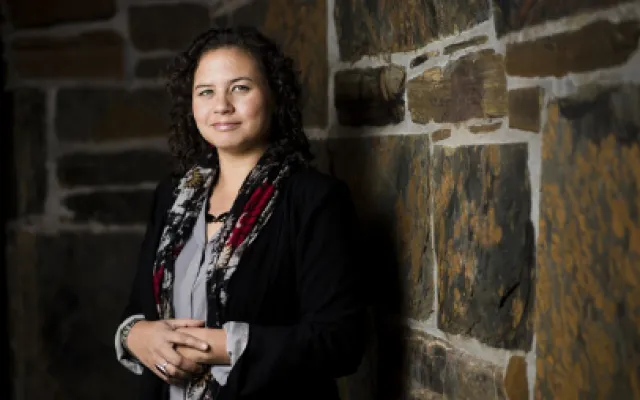
Dr. Kendra Field
@fieldkendra
Kendra Taira Field is Associate Professor of History and Director of the Center for the Study of Race and Democracy at Tufts University. Field’s first book, Growing Up with the Country: Family, Race, and Nation after the Civil War (Yale University Press, 2018), traced her own ancestors’ migratory lives in the black towns of Indian Territory and Oklahoma. Her current book project, The Stories We Tell, is a history of African American genealogy from the Middle Passage to the present. Field served as Assistant Editor to David Levering Lewis’ W.E.B. Du Bois: A Biography (Henry Holt, 2009), and is co-founder of the African American Trail Project and project historian for the Clinton Church Preservation project. Field has been awarded fellowships from the Ford Foundation, the Andrew W. Mellon Foundation, the Huntington Library, and Harvard University's Charles Warren Center in American History. She is the recipient of the Western Writers of America's, 2017 Spur Award for Best Western Short Nonfiction, the 2016 Boahen-Wilks Prize, and the OAH's Huggins-Quarles Award. Field has advised and appeared in historical documentaries including Henry Louis Gates, Jr.'s “The African Americans: Many Rivers to Cross" (2013), "Roots: A History Revealed" (2016), and “Tulsa Burning: The 1921 Race Massacre” (2021). Field received her Ph.D. in American History from New York University. She also holds a Master's in Public Policy from Harvard University's Kennedy School of Government and a B.A. from Williams College. Before entering the academy, she worked in education, organizing, and the non-profit sector in Boston and New York.
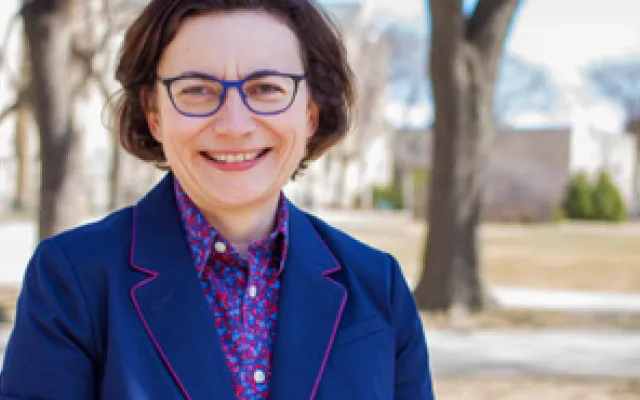
Dr. Valerie Korinek
Dr. Valerie J. Korinek, PhD FRSC is the A.S. Morton Professor of History at the University of Saskatchewan. Well known for her award-winning book Prairie Fairies: A History of Queer Communities and People in Western Canada, 1930-1985, Korinek’s new research analyzes Canada’s international role in same-sex marriage activism. Love + Litigation = Marriage utilizes extensive oral interviews with couples who viewed these certificates as a step on the path to activist, legal and social recognition at home. Her most recent publication in the field of oral history methodologies is included in the forthcoming anthology New Directions in Queer Oral History: Archives of Disruption (editors Clare Summerskill, Amy Tooth Murphy, Emma Vickers; Routledge, 2022).
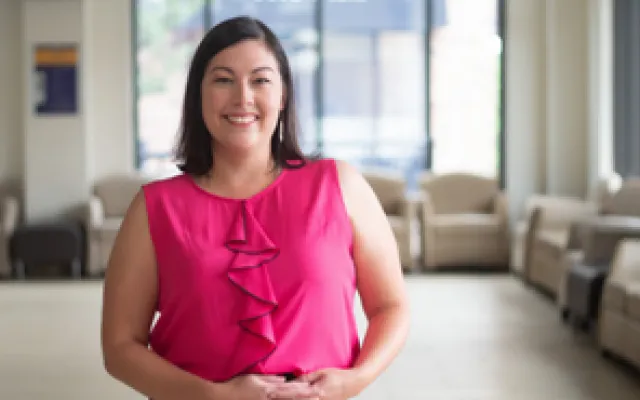
Dr. Lianne Leddy
Lianne C. Leddy is a member of the Serpent River First Nation and grew up in Elliot Lake, ON. She is an associate professor of Indigenous Studies at Wilfrid Laurier University and researches historical questions related to gender and land in Indigenous contexts. Her book, Serpent River Resurgence: Confronting Uranium at Elliot Lake (University of Toronto Press, 2022) examines the impacts of the uranium industry on Serpent River First Nation through archival and Indigenous oral history methods. Her work has appeared in Oral History Forum, the Canadian Historical Review, Herizons, and several edited collections.
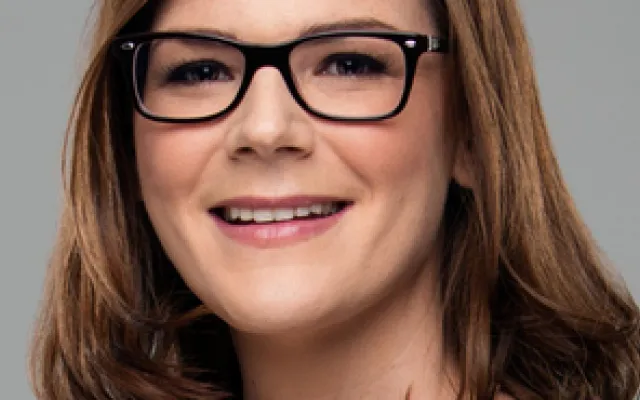
Dr. Sarah Nickel
@SarahANickel
Sarah Nickel is Tk'emlupsemc (Kamloops Secwépemc), Ukrainian, and French Canadian, and she is an associate professor of History at the University of Alberta. Her work focuses on twentieth century Indigenous political activism, with a particular focus on gender. She is author of Assembling Unity: Indigenous Politics, Gender, and the Union of BC Indian Chiefs (2019) and co-editor of In Good Relation: Gender, History, and Kinship in Indigenous Feminisms (2020).
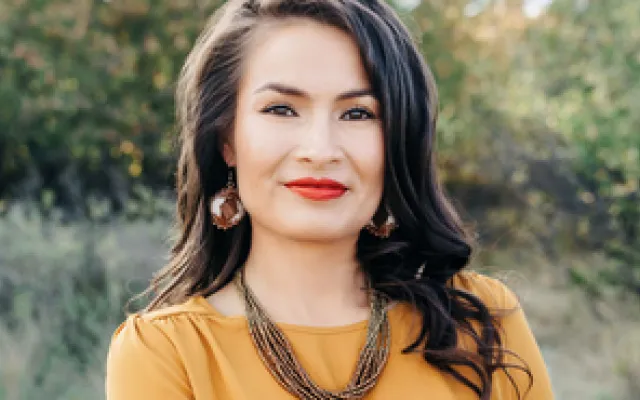
Dr. Tiffany Prete (Apooyak’ii)
@prete_tiffany
Apooyak’ii/Dr. Tiffany Prete (nee Hind Bull) is a member of the Kainai (Blood Tribe) of the Siksikasitapi (Blackfoot Confederacy), located in the Treaty 7 area. She is an assistant professor in the Department of Sociology at the University of Lethbridge. Her program of work is comprised of implementing the Truth and Reconciliation Commission’s Calls to Action on the Blood Reserve. Dr. Prete earned her bachelors of elementary education specializing in math and science, and completed her Master of Education and Doctor of Philosophy in education at the University of Alberta. She held both a Social Science and Humanities Research Council (SSHRC) Postdoctoral Fellowship and was an inaugural recipient of the University of Calgary's Provost's postdoctoral award for Indigenous and Black scholars at the University of Calgary. Dr. Prete’s background is in educational policy studies, specializing in Indigenous Peoples education. Her area of expertise includes: Indigenous secondary retention rates within the public school system, Blackfoot historical research, impacts of colonization, intergenerational trauma, and Indigenous research methodologies. In her spare time, she is a Native American bead work enthusiast, and published a research paradigm grounded in an Indigenous worldview that is guided by Native American beadwork.
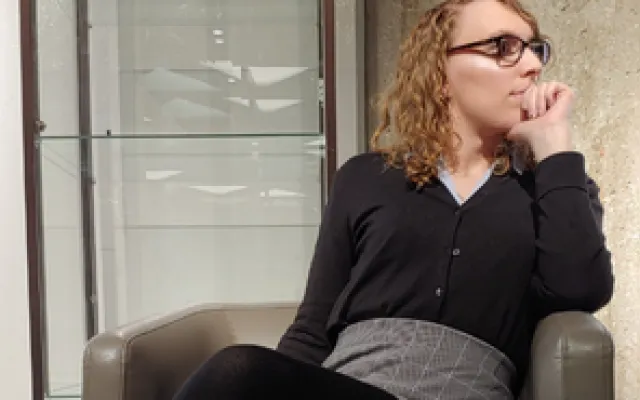
Amelia Smith
@NtUrAvrgCistory
Amelia Smith is an emerging transgender museum professional. A graduate of the Masters of Museum Studies program at the University of Toronto, her work seeks to bridge the gap between trans studies and museum studies. This resulted in her first exhibition, Transition Related Surgery: The Fight For Access, on the history of gender affirming surgeries in Ontario. She has previously worked as an exhibit designer for the Transgender Archives at the University of Victoria, and in January of 2021, she began her website notyouraveragecistory.com where she publishes a monthly blog post covering transgender museum studies, queer and transgender history, as well as other subjects that influences her practice.
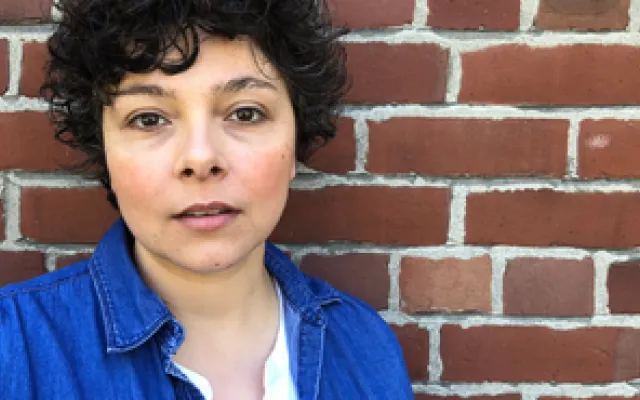
Alisha Stranges
@LGBTQHistory
Alisha Stranges is a queer, community-based, public humanities scholar, theatre creator, and performer. In January 2021, Stranges joined the LGBTQ Oral History Digital Collaboratory as the Project Manager and Co-Oral Historian for the Pussy Palace Oral History Project. As lead interviewer, Stranges has collected 36 narrator accounts surrounding the September 2000 police raid of the Pussy Palace bathhouse events and is supervising a 5-member team in the preservation and creative activation of these interviews. Currently, Stranges also serves as the Collaboratory’s Research Manager, supporting Collaboratory director Prof. Elspeth Brown in the planning, development, and execution of concurrent projects. Stranges holds an MA in Women & Gender Studies from the University of Toronto, with a collaborative specialization in Sexual Diversity Studies (2020).
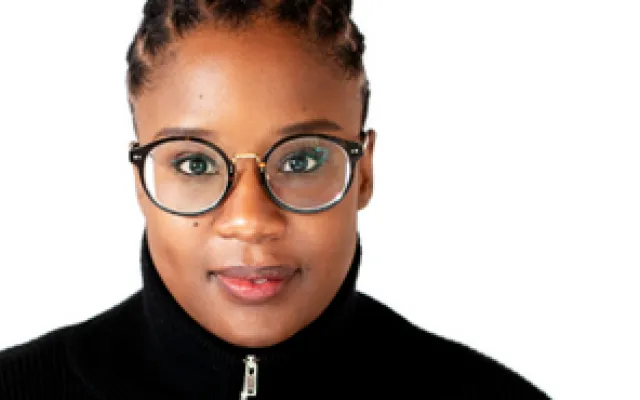
Selly Thiam
@SellyThiam
Selly Thiam is a Senegalese- American journalist, filmmaker, radio producer and writer. She started her career reporting for National Public Radio in Chicago - this led to her producing for the Storycorps Oral history project in New York City and then becoming lead producer on the Storycorps Griot Initiative, which in partnership with National Public Radio broadcast the stories of African-Americans from across the United States. Selly went on to work for PBS and the New York Times and was a Carnegie Fellow with the ABC News Investigative Unit. After the murder of prominent Sierra Leonean LGBT activist Fanny Ann Eddy in 2004, Selly decided to dedicate her work to amplifying the voices and visibility of African queer voices. In 2006, she founded None on Record: Stories of Queer Africa, which collected and archived over 1000 first person narratives of LGBT Africans on the Continent and the Diaspora. Since then, None on Record has grown into an Africa-wide LGBT digital media organization. Through her work at None on Record, Selly and her team have trained hundreds of LGBT activists across the African continent on digital media and documentation. They have also produced numerous documentary series, most recently an African LGBT campaign in partnership with the United Nations. Selly is the CEO and founder of AQ Studios, an African podcast company and is the Executive Producer and host of the award winning AfroQueer podcast and other shows produced by AQ Studios. Selly is a 2018 #Africanofilter Fellow.
